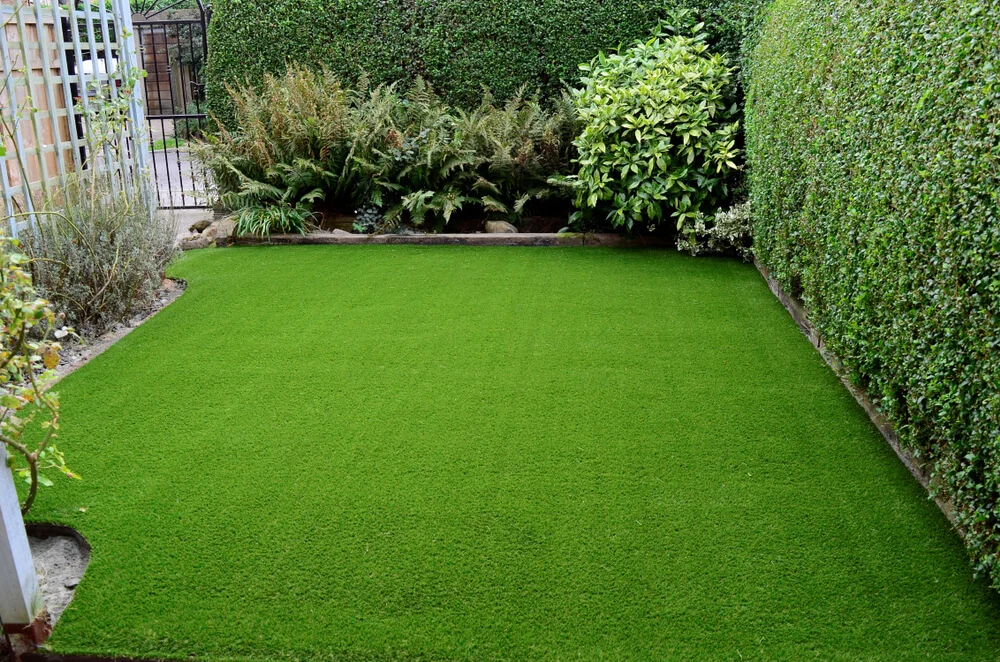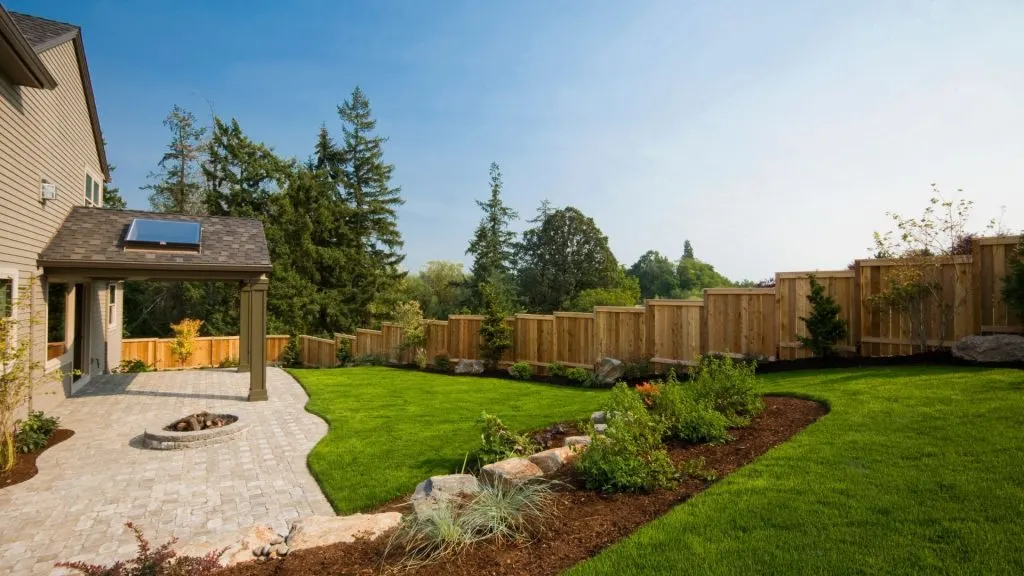The health of the soil is critical for good residential landscaping. It forms the basis for strong plant growth, lively gardens, and enduring landscapes. Soil health involves various physical, chemical, and biological characteristics that aid in maintaining the life of plants. Components like good soil structure, enough levels of nutrients, and a lively world of microbes are very important. Knowing these elements can assist people who own homes in making and keeping landscapes that are not just attractive but also strong enough to support themselves without needing extra help.

Soil Structure and Composition
The health of soil is determined by its structure and composition. Soil consists of minerals, organic matter, water, and air. Good soil contains a mix of these components in proper measure, which gives it a crumbly texture that aids root growth and water penetration. Soil structure is how the particles in soil stick together to form aggregates. This arrangement creates spaces or pores where air and water can move freely. Soil compaction, such as from walking on it a lot or using big equipment, can harm this structure and result in bad drainage as well as limited growth of roots. To keep good soil composition, one must prevent unwanted compression while including natural substances like compost that help with both air circulation within the ground and holding onto more moisture for plants’ use later on.
Nutrient Management
The next crucial element for good soil health is managing nutrients. Plants need many types of nutrients, such as nitrogen, phosphorus, and potassium, to grow well. These substances should be present for plants in correct quantities and forms that can be taken up easily. Testing the soil can indicate its nutrient levels and pH, aiding homeowners in deciding on the best fertilization methods. Organic fertilizers such as compost or manure might be utilized to promote the gradual release of nutrients and improve soil health over time. Chemical manures are an option, too; however, they must be employed cautiously to prevent any imbalances in nutrients or harm to the environment.

The Role of Organic Matter
Healthy soil requires organic matter. This assists in the formation of good soil structure, aids with water retention, and acts as food for helpful microorganisms. When we put more organic matter into the ground using methods like mulching or composting, it helps to make the soil more fertile and robust. Mulch is good at controlling soil temperature, keeping water in, and stopping weed growth. Compost can give important nutrients to the soil and make it better for plants by improving its structure. Adding organic material into the ground regularly might result in sustainable benefits to both soil wellness and plant development.
Soil Microbial Activity
The part of soil health related to biology is frequently ignored, yet it holds great significance. Soil contains numerous microorganisms such as bacteria, fungi, and earthworms, which are crucial for nutrient circulation, breaking down substances, and creating the structure of soil. A good soil microbiome aids in providing nutrients to plants and safeguards them from diseases. To promote microbial activity, you need to keep the levels of organic matter at good rates, not disturb the soil much, and lessen chemical inputs. Actions like shifting crops, planting cover crops and lessening tillage can help in maintaining a lively soil environment and enhance general dirt condition.

Water Management
For keeping soil in good condition, it’s very important to manage water properly. Giving too much water might cause the soil to become saturated with water and result in root rot, but giving too little water can stress plants and slow down their growth. Methods like drip irrigation or soaker hoses are good at saving and distributing water directly into the root zone of plants. This helps lessen the waste of water while boosting healthy growth for the plant. Mulching can also keep the soil wet by decreasing evaporation. Checking the dampness of soil and making changes in watering methods can help to give plants a proper water amount without harming their makeup or causing erosion.
Tractors
A sub compact tractor can make a big difference in soil health for those who do residential landscaping. These multipurpose machines are handy for many jobs, such as tilling, mowing, and carrying materials. However, you must use them carefully to prevent too much soil compression and messing up the structure of your soil. Lightweight sub-compact tractors, when fitted with the right attachments like aerators, can lessen harm to soil. This helps keep the land in good condition to support robust plant life. When homeowners comprehend how machines can influence soil well-being, they are able to decide wisely on their use for promoting a flourishing landscape.
Long-Term Soil Health Strategies
Taking care of soil is not a short-term task but an ongoing process that needs steady dedication and observation. It includes checking the soil regularly, adding organic components, using water correctly, and treating machines with care to have a complete plan for maintaining the good health of our soils. Knowing about soil biology and management methods can also give helpful knowledge on how to keep the land in good condition. Emphasizing soil health assists homeowners in constructing landscapes that are both visually appealing and environmentally friendly, capable of enduring and withstanding stresses.

The Importance of Soil Health in Residential Landscaping
The significance of soil health in residential landscaping is crucial. Healthy soil provides the base for a flourishing landscape, helping the robust growth of plants and an active ecosystem. When people comprehend and handle soil structure, nutrients, natural substances, microbial movement, and water within their home’s surroundings, it aids them in making and keeping healthy soils, which are necessary for ensuring ongoing success with the landscape. Using sub-compact tractors or adding soil amendments, like focusing on the health of the ground, will make residential landscapes more pretty and lasting.

Jessi is the creative mind behind The Coffee Mom, a popular blog that combines parenting advice, travel tips, and a love for all things Disney. As a trusted Disney influencer and passionate storyteller, Jessi’s authentic insights and relatable content resonate with readers worldwide.
